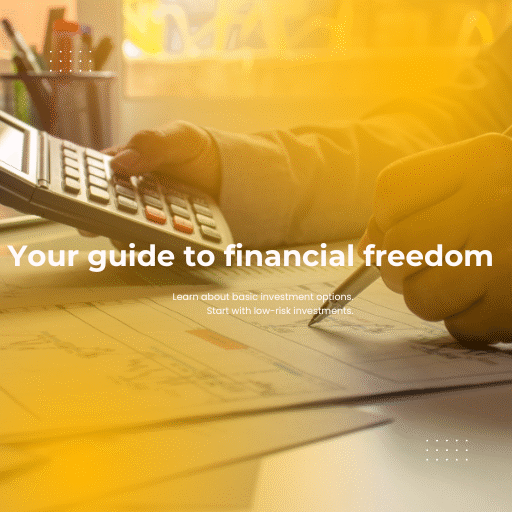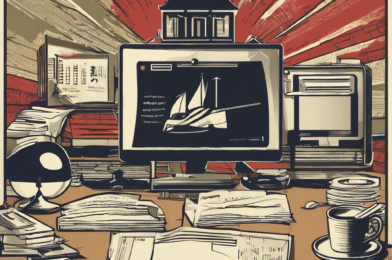From Debt to Stability: Strategies to Take Charge of Your Credit Today
Introduction
In today’s world, managing your credit is essential for financial stability. From dealing with debt to building a strong credit score, taking control of your credit can pave the way for a brighter financial future.
Understanding Credit
What is Credit?
Credit is the ability to borrow money or access goods or services with the understanding that you’ll pay for them later. It plays a crucial role in your financial health.
Importance of Credit Scores
Your credit score is a numerical representation of your creditworthiness. Lenders use this score to determine your risk level when extending credit.
Strategies for Managing Debt
Create a Budget
Start by assessing your income and expenses to create a realistic budget. Allocate funds to pay off debts while covering essential expenses.
Debt Repayment Methods
Consider strategies like the snowball or avalanche method to tackle your debts. Prioritize high-interest debts first for quicker progress.
Building a Strong Credit Score
Pay Bills on Time
Timely bill payments are crucial for a healthy credit score. Set up reminders or automatic payments to avoid missed deadlines.
Keep Credit Utilization Low
Try to keep your credit card balances below 30% of your available credit limit. High credit utilization can negatively impact your score.
Monitoring and Improving Your Credit
Check Your Credit Report Regularly
Review your credit report for errors or fraudulent activity. Dispute inaccuracies promptly to maintain an accurate credit profile.
Use Credit Wisely
Avoid opening multiple new accounts rapidly or closing old accounts, as these actions can affect your credit score.
Financial Stability and Future Planning
Emergency Savings
Build an emergency fund to cover unexpected expenses and prevent reliance on credit during financial crises.
Invest in Your Future
Consider long-term investments like retirement accounts to secure your financial future and reduce reliance on credit in later years.
Conclusion
Taking charge of your credit today is a proactive step towards financial stability. By implementing these strategies and staying informed about your credit, you can pave the way for a more secure financial future.
Meta Information
Meta Description: Learn how to manage debt, build credit, and secure financial stability with these actionable strategies. Take charge of your credit today!
SEO Title: Strategies for Financial Stability: Manage Debt and Build Credit
Keywords: credit management, debt strategies, financial stability, credit score, budgeting
Internal Links: Debt Management, Credit Building, Financial Stability, Credit Score Tips, Budgeting Techniques
External Sources: Forbes – “Tips for Managing Debt Effectively”; CNBC – “The Importance of Credit Scores”




